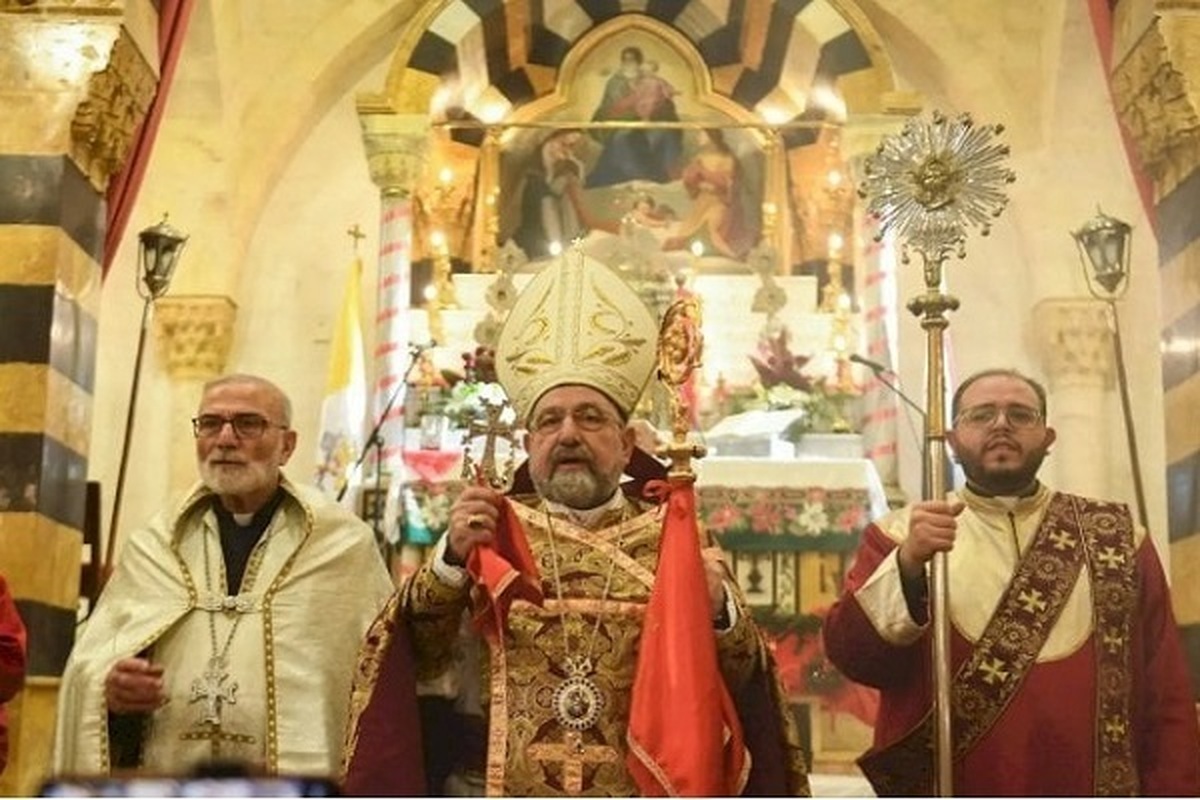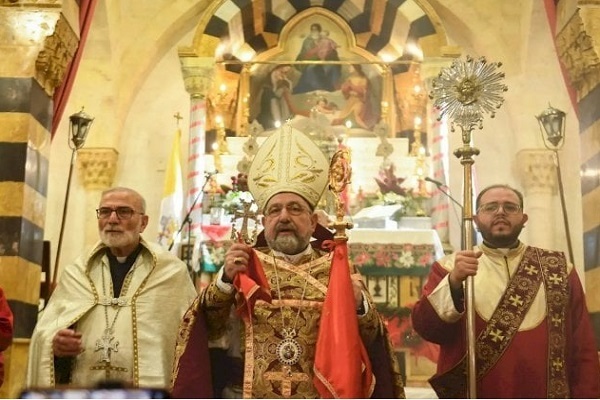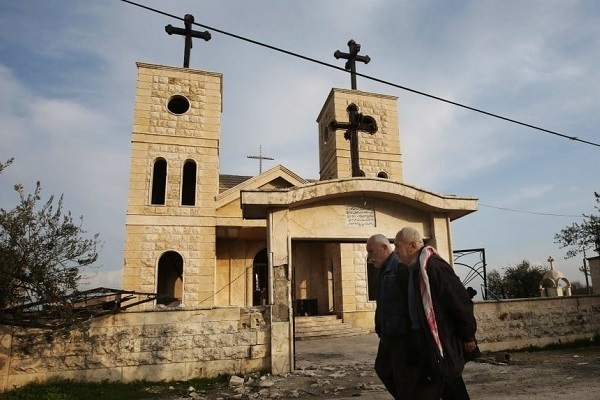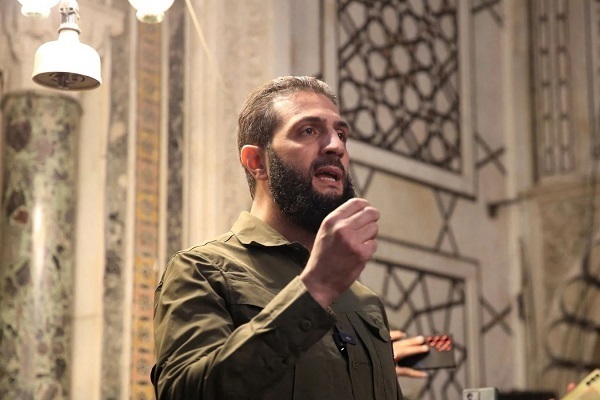Syria’s Christians Concerned about Their Fate under Rule of HTS


But the swift rise to power of the Hay’at Tahrir al-Sham (HTS) group has heightened concerns about the fate of the Christian minority in the country.
Can the dwindling Christian community in Syria continue to exist under the new HTS administration? And can the Syrian Christians who remained loyal to the Assad government trust the promises of the new rulers in the country? This raises questions about the future of Christians in Syria, which is discussed below:
According to a report by a US-based non-governmental Christian organization, the number of Christians in Syria before the outbreak of the civil war in 2011 stood at 1.5 million, making up about 10 percent of the country’s population. However, within a decade, their numbers significantly declined, and by 2022, only 300,000 Christians remained in the country, approximately 2 percent of Syria’s population.
Although Christians have been wealthier and more educated than the middle class in Syria, they have collectively migrated from the country to escape the terrorist group Daesh (ISIS or ISIL) as well as the deteriorating economic situation in Syria.
The new leaders of HTS have repeatedly assured the people of Syria and the international community that they will protect all minorities, including Shias, Alawites, Druzes, Kurds, and others. Mohammed al-Bashir, the HTS prime minister, has urged refugees abroad to return to their homeland, promising to guarantee the rights of all religions and sects in Syria.
Read More:
However, it remains to be seen whether Syria, as its new leaders claim, can once again become a place where all religions and sects can coexist.

The non-governmental organization In Defense of Christians, based in Washington, has recently expressed concern about the fate of Christians in Syria.
Some sources in Aleppo have stated that following the fall of Bashar al-Assad and the takeover of the city by HTS, Christians are living in fear and are widely targeted by crimes and destruction.
Nevertheless, the Peace Communications Center, a nonprofit organization in New York, recently interviewed Christians in Aleppo in celebration of St. Barbara's Day, which Middle Eastern Christians commemorate. They mentioned that at the beginning of HTS’s takeover of Syria, they felt fear and concern, but now they believe there is no reason to worry, and churches continue their regular activities.
After the fall of the government, HTS leader Abu Mohammad al-Julani, met with a Christian leader.
Bishop Hanna Jallouf, the acting Bishop of Aleppo, told Vatican News that he met with al-Julani, who assured him that Christians and their properties would not be harmed and that all their demands would be met.
This is while in 2015, Julani had said in an interview with Al Jazeera that Christians, as people of the Book, will hold a special status and will be allowed to practice their beliefs, but in accordance with Islamic law and that they are required to pay Jaziya (a special tax).
In 2013, two years before Julani’s interview with Al Jazeera, the Al-Nusra Front, al-Qaeda's branch in Syria, which was led by Julani at that time, kidnapped 13 Christian monks during a clash with Assad forces. Three months later, after Qatar agreed to pay the kidnappers $16 million, they were released.
Today, it seems that Julani has stepped back from his hardline positions. In 2016, he seemingly distanced himself from al-Qaeda and now presents himself as a champion of pluralism and tolerance.

In recent days, he has taken off his combat gear and is now wearing formal attire during press interviews, discussing the establishment of government institutions and the decentralization of power to create diversity in Syria.
The Syrian transitional government consists solely of members from HTS, with no representatives from secular or religious factions other than Sunni Muslims.
Some say it is not only Christians who are terrified of this alarming situation. This fear is shared among Christians and moderate Sunnis, and if Syria ultimately falls under a Taliban-style government, Christians will be the first targets, but in the end, moderate Sunnis will also be affected by these changes.
4255965



